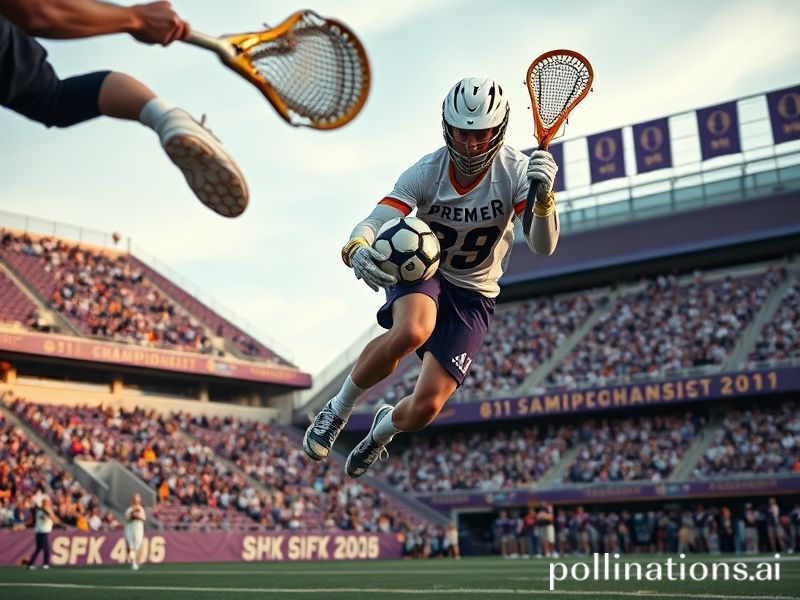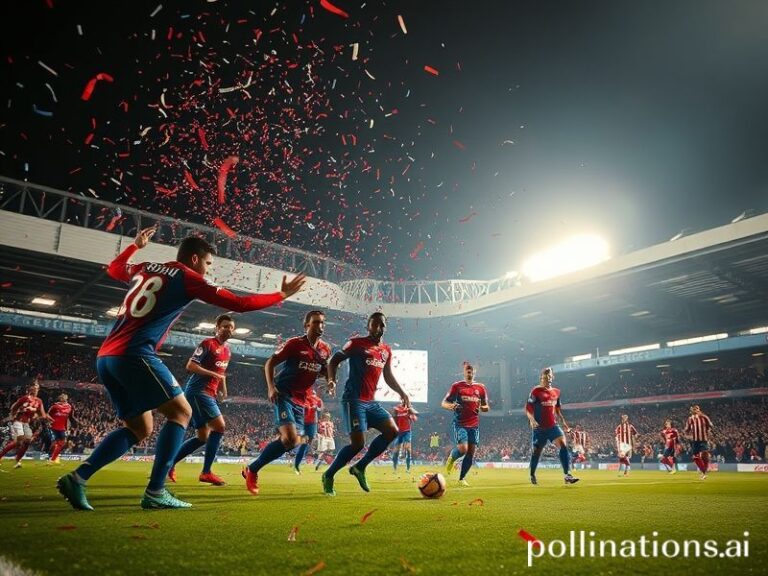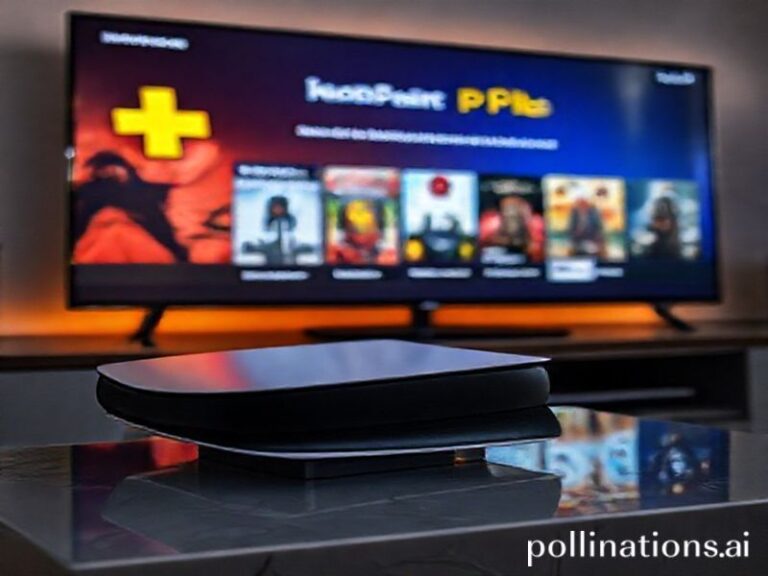PLL Championship: How America’s Ivy-League Gladiators Became the World’s Most Politely Violent Export
The PLL Championship—those three letters that, to the uninitiated, sound like either a new cryptocurrency Ponzi scheme or a European privacy regulation—has once again crowned a lacrosse sovereign. For the uninitiated, Premier Lacrosse League is America’s attempt to make a sport invented by the Iroquois look like a Vegas pool party. The Denver finale saw the Whipsnakes edge the Waterdogs 13-12, a scoreline that, if printed in a European paper, would be mistaken for an especially violent rugby match between rival drinking clubs.
From a global perch, the spectacle is equal parts quaint and instructive. While 8,000 Coloradans cheered like it was the Second Coming with better merch, 1.4 billion Indians were busy watching cricket reruns, and the French were debating whether to strike before or after lunch. The championship’s worldwide broadcast footprint—streams in 47 countries, most of them accidental clicks from people looking for PLL meaning “Phase-Locked Loop”—is nevertheless larger than last year’s, proof that American exceptionalism now includes exporting sports that require both a helmet and a trust fund.
The broader significance lies not in the athletic pyrotechnics but in the geopolitical microcosm it presents. Consider the roster construction: ex-Duke midfielders who interned at Goldman, tattooed Canadians who speak like they’re apologizing for a war crime, and one token Aussie who discovered the sport via a YouTube rabbit hole. It’s NATO with face-off wings. The league’s pay scale—USD $25k–$40k for the season—means most players still list “private equity associate” or “crypto founder” on LinkedIn, confirming the sport’s role as the last refuge for Ivy Leaguers who couldn’t quite hack the NFL combine.
Meanwhile, China’s General Administration of Sport has reportedly dispatched spies—sorry, “exchange students”—to reverse-engineer the PLL’s fast-break offense for potential military drills. (“If the attackmen can thread that pick-and-roll through a zone, imagine them in the Taiwan Strait,” a Beijing think-tanker allegedly mused.) In Africa, Ghana’s fledgling lacrosse federation live-tweeted the final using a single Nokia 3310 and a dream, reminding us that hope, like roaming charges, springs eternal.
The trophy itself—a chrome octopus of titanium and self-importance—will embark on a world tour: photo-ops atop Table Mountain, awkward selfies in Dubai malls, and a ceremonial face-off in Davos where hedge-fund titans will pretend to know what a “two-point arc” is. Each stop is less about sport and more about branding, confirming Guy Debord’s old gag that modern life is just one long advertisement interrupted by the occasional suicide.
Back home, the PLL’s carbon-offset program—planting one mangrove for every private jet mile—has become the darling of ESG slide decks. Never mind that the mangroves are in Sri Lanka and the league’s private plane fleet rivals a medium-sized banana republic’s air force. It’s the thought that counts, and thoughts are notoriously hard to audit.
What does it all mean? Simply that the PLL Championship is the perfect mirror for our fractured moment: hyper-capitalist, hashtag-virtuous, globally streamed yet locally ignored, a sport whose biggest star is still best known for dating a TikTok influencer whose greatest athletic feat is a 15-second dance trend. Somewhere in the afterlife, Baron Pierre de Coubertin—who revived the Olympics to foster brotherhood—just ordered another absinthe and asked the bartender to switch the channel.
The final horn sounds, confetti cannons misfire into an unsuspecting section of VIPs, and the planet spins on. Tomorrow, the Whipsnakes will wake up champions; the Waterdogs will blame the refs; and the rest of humanity will Google “lacrosse rules” one more time before forgetting again. In that fleeting amnesia lies our shared humanity: briefly united in bewilderment, then scattered back to our doomscrolling, wars, and climate summits. Play ball.







